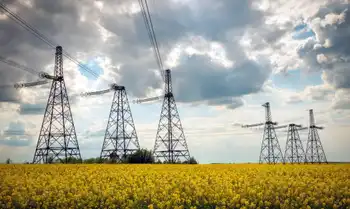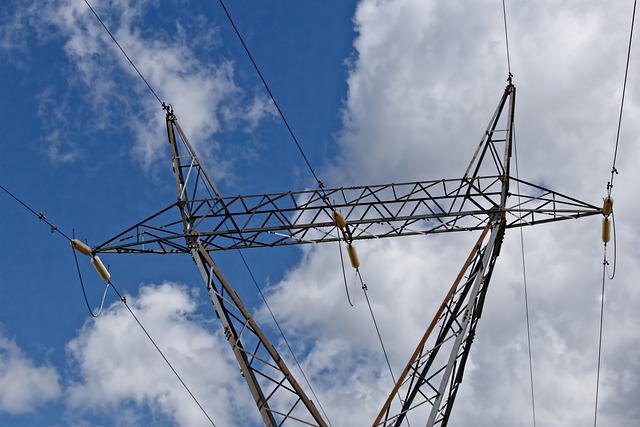Senate rejects measure to curb EPA
WASHINGTON DC - The Senate rejected a measure to kill the Environmental Protection Agency's regulation of greenhouse gas emissions, handing President Barack Obama a victory in his effort to quicken the move to clean energy.
The EPA's rules, which it began rolling out on polluters such as power plants and oil refineries early this year, are one of Obama's top strategies to show the world the United States is fighting climate change.
Republicans, who were able to block a climate and energy bill last year, hoped to pick up support from Democrats in energy-dependent states facing tight elections next year on the measure sponsored by Republican leader Mitch McConnell.
But it got only 50 votes in the Democratic-led 100-member chamber, short of the 60 votes needed to pass.
"The Senate rejected an approach that would have increased the nation's dependence on oil, contradicted the scientific consensus on global warming, and jeopardized America's ability to lead the world in the clean energy economy," said White House spokesman Jay Carney.
Obama has pledged to world leaders that the United States would cut emissions about 17 percent by 2020 under 2005 levels. The EPA rules could help that effort, though it may also take faster adoption of clean energy like wind and solar power, and natural gas, and energy efficiency.
The battle over the EPA's moves to curb emissions is likely to continue in Congress ahead of the 2012 elections.
Republicans, and some Democrats from states heavily dependent on energy, warn the cost of the regulations could hurt businesses recovering from the economic downturn. They may take up the fight later this year, possibly by making EPA rules part of the upcoming 2012 budget debate, analysts said.
The Republican-controlled House of Representatives is widely expected to pass a similar bill that would stop the EPA's rules, but analysts said it would largely be a symbolic show of force after the Senate vote.
The Senate also rejected three other amendments sponsored by Democrats to limit the EPA, including one by Jay Rockefeller, from coal-rich West Virginia, which would have delayed the agency from regulating the gases for two years.
Later this year, the EPA is slated to propose emissions limits on oil refineries and power plants that it expects to finalize next year.
The EPA rules could add costs to oil refiners, such as Exxon Mobil Corp and ChevronTexaco and Valero Energy Corp, and coal-burning power generators including American Electric Power, Duke Energy and Southern.
Republicans pledged to keep battling.
"We in the Senate will continue to fight for legislation that will give the certainty that no unelected bureaucrat at the EPA is going to make efforts to create jobs even more difficult than the administration already has," McConnell said in a release.
Related News

Cleaning up Canada's electricity is critical to meeting climate pledges
TORONTO - A new tool has been proposed in the federal election campaign as a way of eradicating the carbon emissions from Canada’s patchwork electricity system.
As the country’s need for power grows through the decarbonization of transportation, industry and space heating, the Liberal Party climate plan is proposing a clean energy standard to help Canada achieve a 100% net-zero-electricity system by 2035.
The proposal echoes a report released August 19 by the David Suzuki Foundation and a group of environmental NGOs that also calls for a clean electricity standard, capping power-sector emissions, and tighter carbon-pricing regulations. The report, written by Simon…




